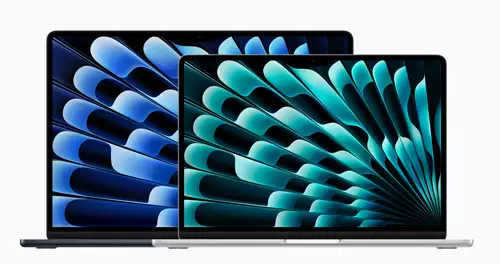Frage von Roggstar:
Hello everybody!
Have some questions concerning filter (for the Panasonic NV-GS150)
I wanted to get a pole Cir and wonder if it replaces a neutral density filter (ND filter) is similar to / because of this but also filters the light conditions. Does it synonymous the properties of a UV filter?
I also wanted to know fundamentally that filters are useful when you want to achieve a relatively professional recordings (in different conditions) and to succeed in the film look as possible.
Would also be grateful for purchase tips. Hama is recommended?
Thanks schonmal
Regards, Daniel
Antwort von Acer:

Hello,
one pole filter is always useful if you want to make recognizable overexposed reflections. ND filter protect the lens and one dark, overexposed area from uniform.
A gray graduated filter is useful if you eg the bright sky and the bright landscape varies darken like - say the sky is darker than landscape or vice versa.
Net I know what to use UV filter with a cam, most as a protective filter for the lens.
NA then buy a lot of fun with filter
Antwort von Markus:

Hi Daniel,
a circular-polarizing filter reduces synonymous, although the incident light quantity, but the real purpose is to eliminate disturbing reflections of non-metallic surfaces.
Look through a polarizing filter and turn it round here (s.besten outdoors). The effect is truly astounding, especially if you've never seen that before. Photos in travel brochures are made incidentally with polarizing filters.
I also wanted to know fundamentally that filters are useful when you want to achieve a relatively professional recordings (in different conditions) ... See
accessories (not only) for Canon DM-XM2 ... to succeed and the film look as possible. The term "film look is so hackneyed that many already choke when they see only the word. Use the search function and time you fight through all the posts which refer to the search function. In between, you can always find some useful info synonymous times. ;-)
Would also be grateful for purchase tips. Hama is recommended? See
Antwort von Roggstar:

OK, thank you schonmal.
What is the difference between "Hama
Digital High Resolution Filter circular polarization" and the normal version?
The digital filter is about 10 ¬ cheaper, this is specifically for a camcorder?
MfG Daniel
Antwort von Markus:

Actually, there is no filter, especially for a camcorder. The difference between the digital and the other polarizing filters, I do not know, and my dealer is silent about it.
I would rather look around me several times in the (HTMC) Quenched Hama filters. But once cost a little (!) More ... ;-)
Antwort von b0kaJ:

Circular polarizing filters do not cause moire effects in digicams. Caution! Half-knowledge ... I'm not quite sure ...
Antwort von Jan:
 OK, thank you schonmal.
OK, thank you schonmal.
What is the difference between "Hama Digital High Resolution Filter circular polarization" and the normal version?
The digital filter is about 10 ¬ cheaper, this is specifically for a camcorder?
MfG Daniel They are silver - like the camcorder, the first reason, but rather the quality is worse a HTMC is much better. Tip DigiFilter times closer look at the s.bewege Him, we see more clearly the reflections - the one actually wants to see, which leads to blurred images, the contrast behavior suffers sometimes synonymous.
LG
Jan
Antwort von Markus:
 Circular polarizing filters do not cause moire effects in digicams.
Circular polarizing filters do not cause moire effects in digicams. The moiré effect occurs when man with a camcorder (no preference whether analog or digital), a fine pattern, such as a pin-striped suit, receives. A polarizing filter, whether linear or circular, can not prevent that.
Why should you use with camcorders but the more expensive circular polarizer, is Jan described here:
->
Hama, Cokin filters & Connection









